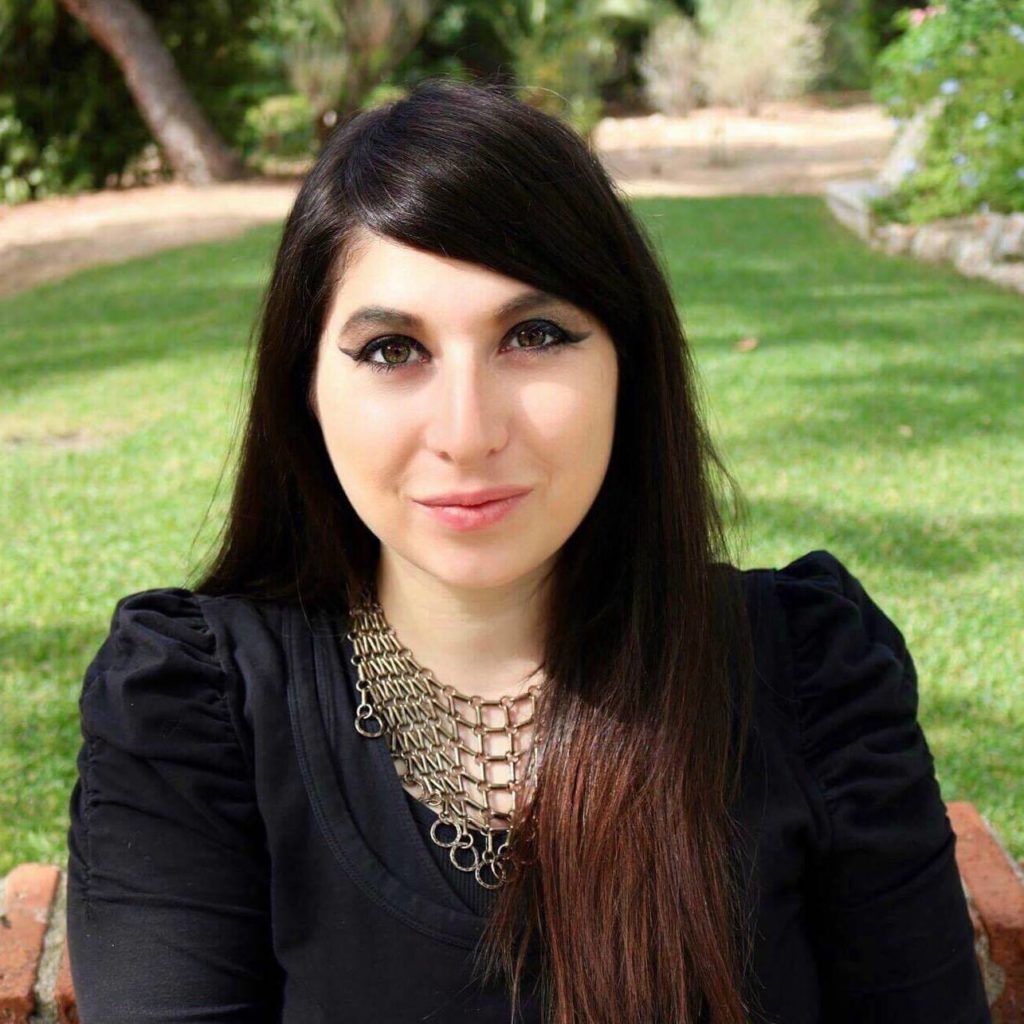My project at the CHS, “In Times of War and Crisis: Regional Identities and Greek Archaeology,” offers a social-historical analysis of Greek archaeology by integrating the identity politics of Ottoman Macedonia and Crete into the broader, transnational narratives of Greek resistance prior to their unification in 1913. Although the London Protocol recognized Greece as an independent state in 1830, not all regions of modern Greece were initially incorporated—like Crete or Macedonia. My research draws attention to the ways in which the professionalization of archaeology later in the 19th and into the 20th centuries followed alternative trajectories in these regions. Specifically, how archaeology became entangled with political agendas on account of sometimes conflicting national and local interests within these geographies, which were left behind at the intersection of this state formation until later in 1913.
Building on my previous research on Cretan archaeology from 1878-1913, my project at the CHS will expand my corpora of data to now include Macedonia within this parallel timeline. This research will thus offer an innovative approach to the disciplinary history of Greek archaeology and the processes that fueled the archaeological excavations in these contested, geographic spaces. My project follows the archaeological practices of Crete and Macedonia, which includes but is not limited to antiquity-related discourse during the Russo-Turkish War (1877-8), Greco-Turkish War (1897), the Balkan Wars (1912-3), and their eventual unification with Greece (1913). As such, I interrogate not only the political function of archaeology as a possible form of non-violent resistance during times of dissent but –more specifically– how the excavation process in Crete and Macedonia could be an act of resistance in and of itself, prior to their unification with Greece at different points in 1913.
By sourcing archival records from various institutions throughout the United States and Europe, I foreground the individuals and institutions involved in the development of Greek archaeology in these contentious territories of Macedonia and Crete. Part of my examination centers on the attitudes of the local intelligentsia toward non-Greek western archaeologists, and how their communication with one another impacted the production of archaeological knowledge. Accordingly, I investigate the relationships between the local intelligentsia, Greek archaeologists, and foreign archaeologists and their attempts –some more successful than others– to excavate in Macedonia (e.g., Léon Heuzey, Honoré Daume, Alan Wace, & Maurice Thompson) and Crete (e.g., Federico Halbherr, Sir Arthur Evans, & Heinrich Schliemann).
My work at the CHS aims to achieve two long-term objectives. First, my intention is to produce a comparative database of archival information that triangulates the networks of archaeologists—foreign, domestic, local—and the underlying operations of their excavations and what leveraged their investigation of certain sites over others. Second, my work at the CHS will contribute to a future monograph, which will present a comprehensive disciplinary history of Cretan and Macedonian archaeology prior to their unification with Greece. By examining the professionalization of archaeology in two contested regions during a time of war and crisis, my work focalizes the tensions between national, regional, and local identities—and the role of archaeological practice therein—during the late 19th and early 20th centuries.
Being in residence at the CHS campus in Washington, D.C. is not a privilege I take for granted, especially when research is restricted elsewhere due to the pandemic closures. I am truly grateful to have access to resources and such a supportive, collegial community while here, and I look forward to building a dialogue about the intellectual socio-political history of archaeological practice in Greece.
A.M. Genova

A.M. Genova specializes in the disciplinary history of Cretan archaeology and holds an M.A. in Anthropology from Northern Illinois University and both an M.A. and Ph.D. from the University of Chicago’s Department of History. In addition to her past tenure as the M. Alison Frantz Fellow at the American School of Classical Studies at Athens, she has extensive excavation experience in the Peloponnese and in Salemi, Sicily. As part of her postdoctoral engagements, she has served as a Library Research Fellow for Princeton University (Seeger Center for Hellenic Studies) and California State University, Sacramento (Tsakopoulos Hellenic Collection). Trained as an anthropologist and ancient historian, her broader interests pertain to the intellectual history and process of archaeological knowledge production.
